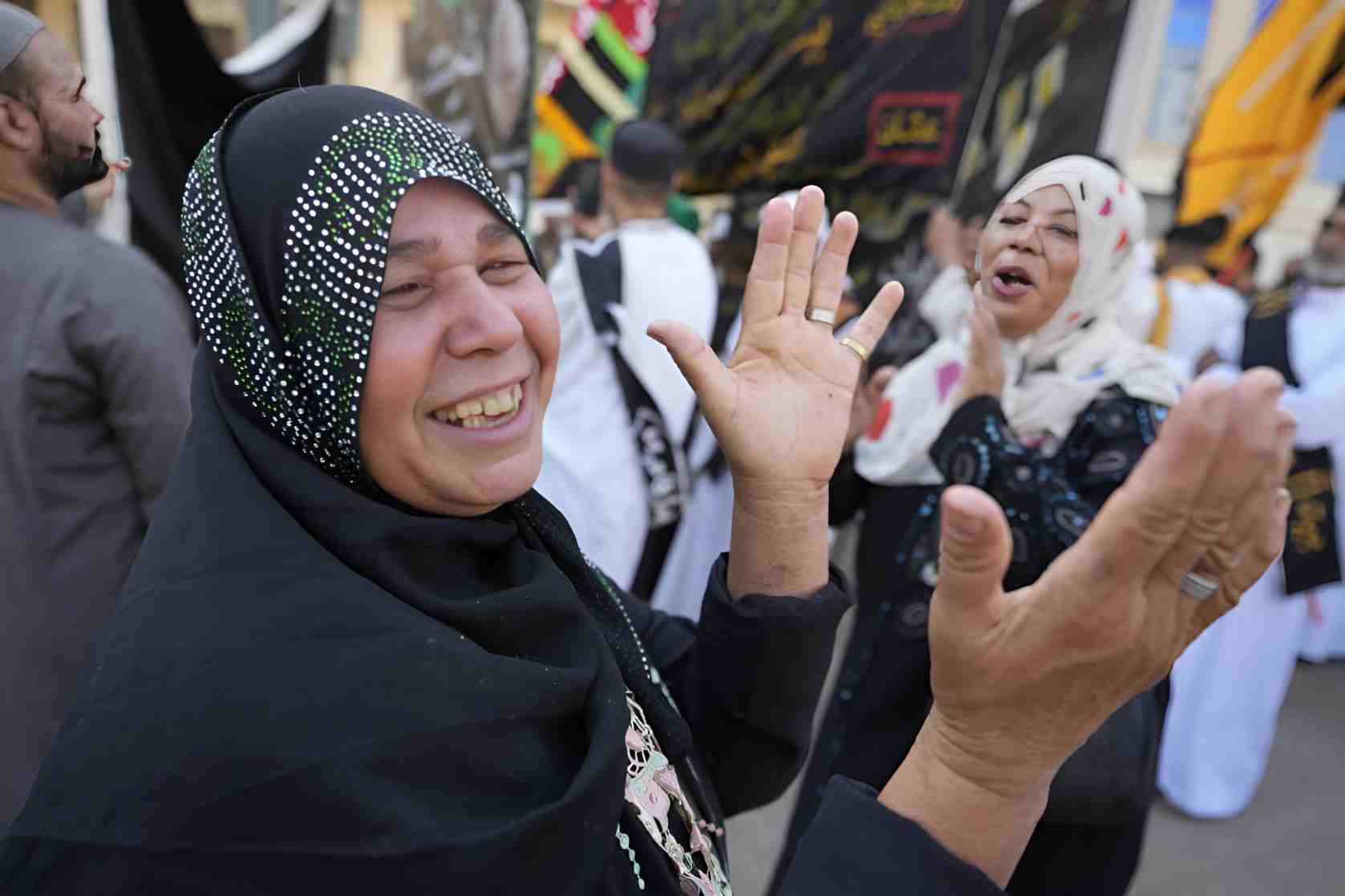Muslims usher in Islamic new year 1447 AH

The occasion, which starts with the month of Muharram, is widely regarded as a time for quiet reflection, prayer, and spiritual renewal rather than public celebration.
Muslim communities across the world welcomed the Islamic New Year on Wednesday evening, marking the beginning of 1447 AH in the Hijri lunar calendar.
The occasion, which starts with the month of Muharram, is widely regarded as a time for quiet reflection, prayer, and spiritual renewal rather than public celebration.
The new year officially began on June 26, following the sighting moon that determines the start of each Islamic month.
As a lunar calendar, the Hijri year is approximately 11 days shorter than the Gregorian calendar, causing Islamic dates to shift annually.
The Islamic calendar was established in 622 CE, the year of the Prophet Muhammad’s (peace be upon him) historic migration—known as the Hijrah—from Mecca to Medina.
The new year offers an opportunity to contemplate the historic migration of Prophet Muhammad (peace be upon him) and the early Muslim community — a journey marked by immense sacrifice, resilience, and unwavering faith.
The event laid the foundation for the first organized Muslim society and is considered a turning point in Islamic history including laying the foundation for the first Islamic state in Medina.
Unlike Gregorian New Year festivities, the Islamic New Year is marked by solemnity and introspection.
Although there are no specific religious rituals prescribed for the first day of Muharram, many Muslims regard the Hijri New Year as a moment of reflection and spiritual reset.
Today, as the new year begins, Muslims around the world use this time to realign their intentions, make personal and spiritual resolutions, and draw lessons from the legacy of courage and perseverance that defined the Prophet’s migration.
Muharram is one of the four sacred months in Islam, during which acts of violence and warfare are traditionally forbidden. The sanctity encourages believers to devote themselves to prayer, charitable deeds, and seeking forgiveness.
Many Muslim-majority nations, including Somalia, the UAE, Morocco, and Syria, observe the Islamic New Year as a public holiday. However, traditions and practices vary across communities and sects.
For Sunni Muslims, the 10th day of Muharram—known as Ashura—is often observed through fasting in remembrance of the Prophet Moses and the deliverance of his people from Pharaoh’s tyranny.
For Shiite Muslims, however, Ashura carries a deep historical and emotional weight. It marks the martyrdom of Imam Hussein, the grandson of Prophet Muhammad, who was killed in the Battle of Karbala in 680 CE.
The first 10 days of Muharram are observed with mourning rituals, processions, and dramatic expressions of grief, especially in countries with large Shiite populations.
This year’s commemorations take place under the cloud of escalating conflict in the Middle East.
In Iran, a Shiite-majority country known for large Ashura gatherings, the atmosphere has been muted following a wave of Israeli airstrikes on Tehran earlier this month.
Many streets remain deserted, with residents taking shelter in metro stations due to the lack of available bomb shelters.
The renewed hostilities, sparked by a major Israeli offensive on June 13, have pushed the long-standing tensions between Iran and Israel into open warfare.
These developments are expected to significantly disrupt Muharram processions and public gatherings across the region.
In other countries such as Iraq, Lebanon, and Pakistan, Ashura is also expected to serve as a platform for expressing solidarity with Palestinians.
This Islamic New Year marks the second since the start of the Gaza conflict in late 2023, which has claimed the lives of over 55,000 Palestinians according to local health authorities. A majority of the casualties are reported to be women and children.
Despite the hardships, Muslims around the world are using the occasion to reaffirm their faith and resilience.
The beginning of a new year is viewed as an opportunity for personal transformation, setting spiritual goals, and recommitting to the principles of justice, compassion, and community.
The crescent moon on Wednesday evening ushered in the year 1447 AH, the hope among many remains the same: for peace, for unity, and for a world guided by mercy and mutual understanding.
